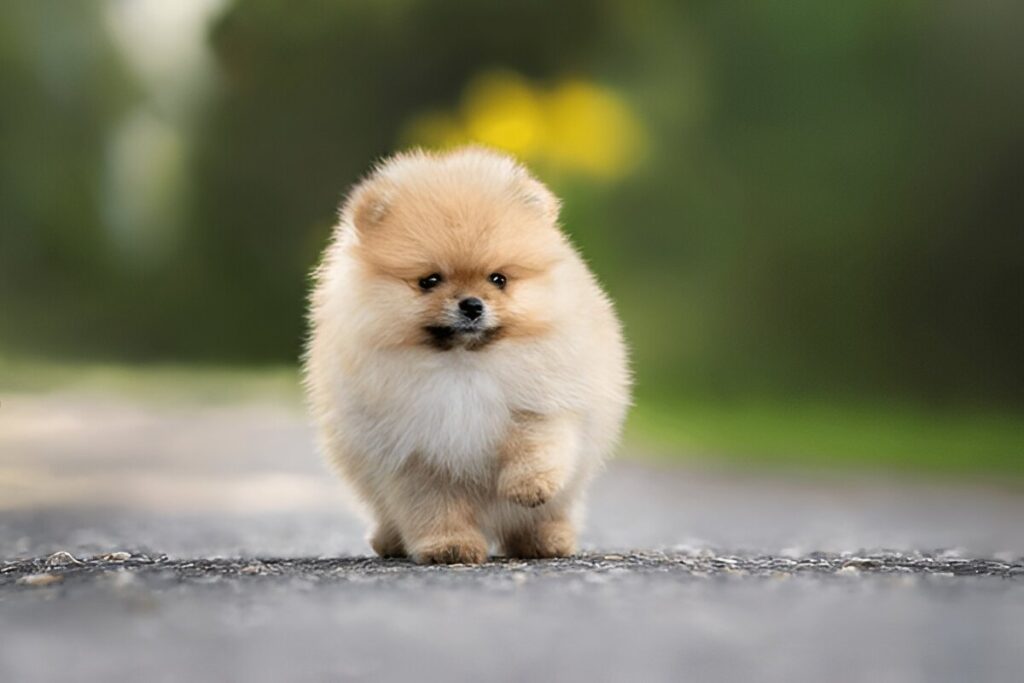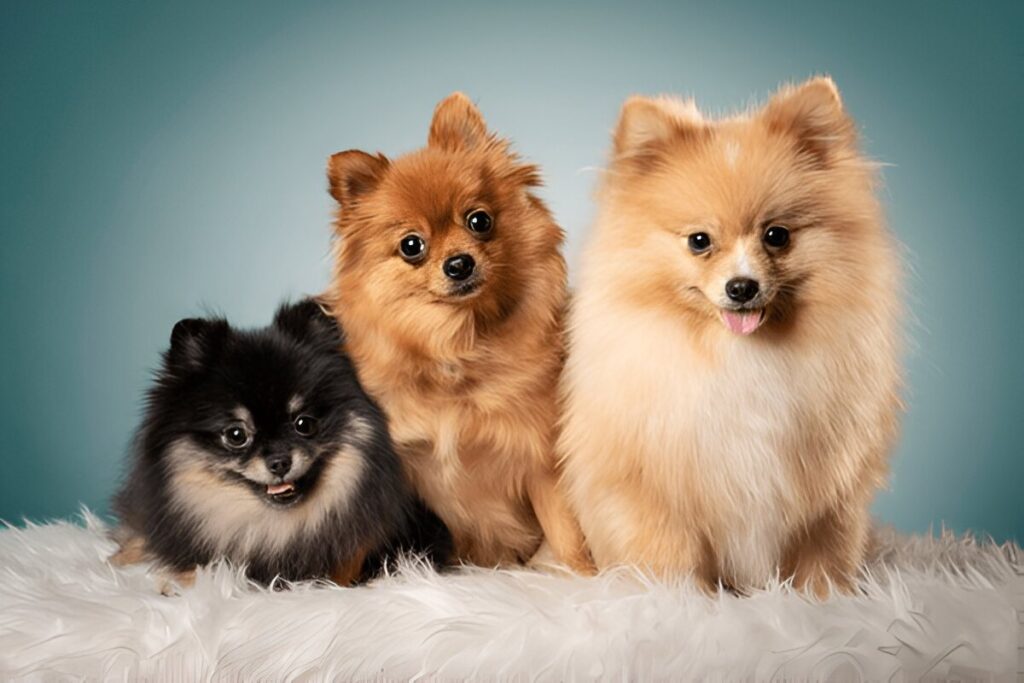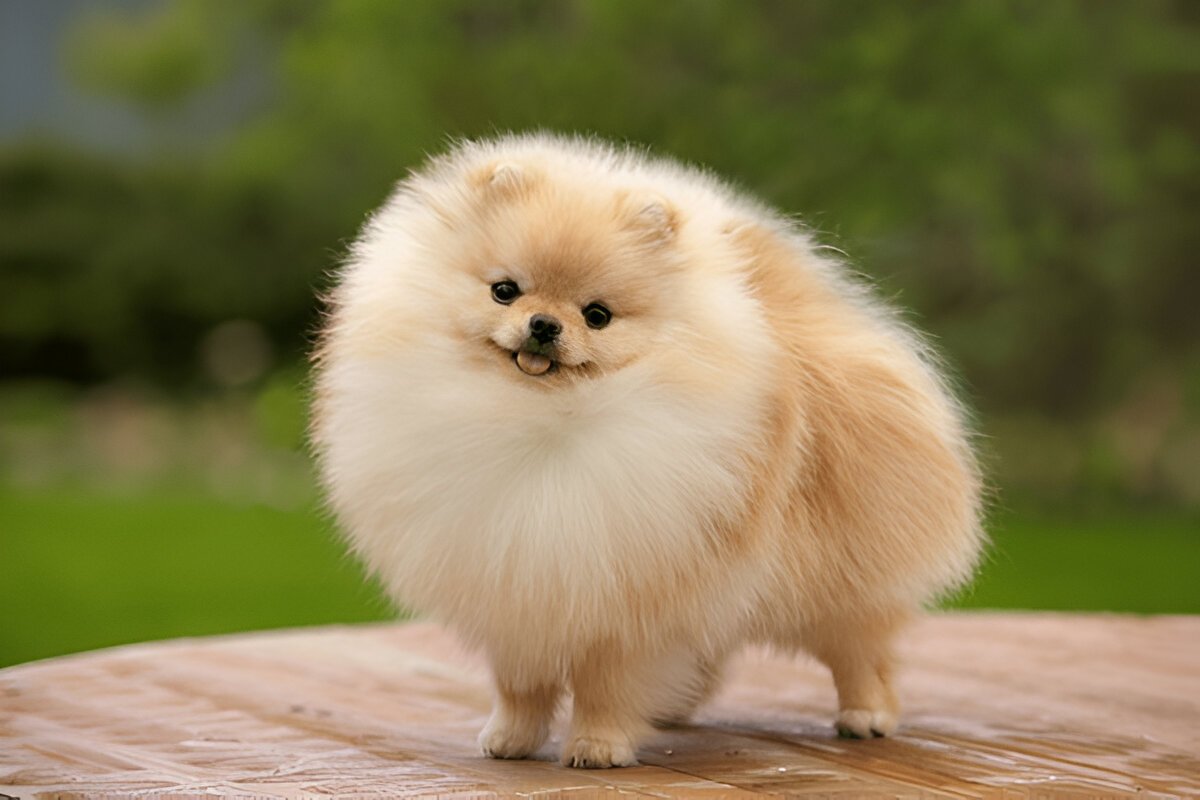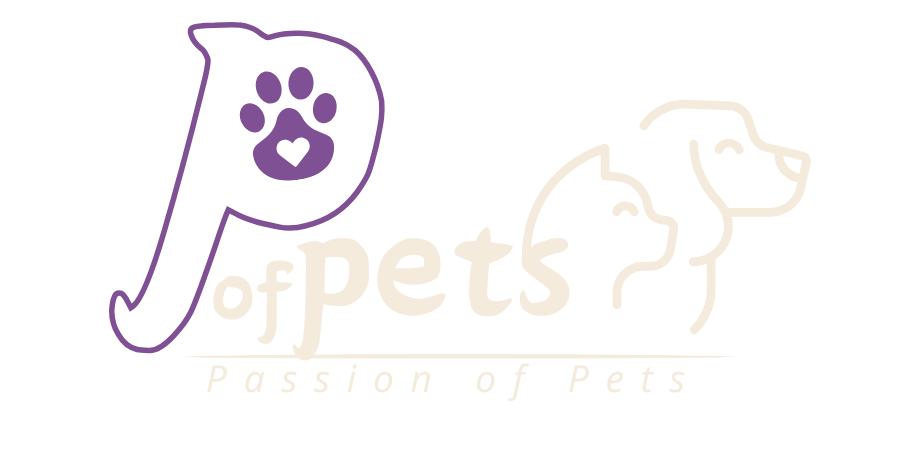The Pomeranian: A Ball of Fluff and Delight
With fox-like faces, a furry coat, and an extroverted personality, Pomeranians have become one of the most popular toy breeds in the world. These miniature dogs may be small in size but possess a lot of charm, energy, and affection. Whether their cute look has drawn one’s attraction or their spirits, Pomeranians are great buddies to have near if needed. In this blog, we’ll cover the history, characteristics, temperament, and care requirements of the Pomeranian to help you understand why this breed is so loved.
A Brief History of the Pomeranian
Named after Pomerania in Central Europe (a part of modern Poland and Germany), the Pomeranian descended originally from larger sled-pulling, herding dogs in the region but has, over time, been downsized through selected breeding into a small, fluffy companion.
Pomeranians gained popularity in the 18th century when they caught the attention of European royalty, including Queen Victoria of England. She was quite taken by the breed and played a significant role in reducing their size and popularizing the smaller variety. Today, Pomeranians are cherished as family pets, show dogs, and social media stars.
Physical Characteristics

Pomeranians are small dogs but possess a different look that is unique. Here are some key physical characteristics:
- Size: Pomeranians usually weigh between 3-7 pounds and stand 6-7 inches tall at the shoulder. Despite their small size, they have a sturdy and compact build.
- Coat: Pomeranians boast a fancy double coat, comprising a soft, dense undercoat and a long, straight outer coat. The colors of their coats come in a wide range: orange, red, cream, black, blue, and sable.
- Eyes and Ears: Bright and almond-shaped, the eyes of Pomeranians grant them an alert and intelligent expression. Their small ears are triangular in shape, erect, and covered with soft fur.
- Tail: Their tail is one of the most distinctive features, plume-like, fanning over their back and adding to their regal appearance.
Temperament and Personality
Pomeranians are known for their lively and outgoing personalities. Here’s what to expect from a Pomeranian’s temperament:
- Playful and Energetic: Pomeranians are full of energy and love to play. They enjoy interactive games, toys, and spending time with their owners.
- Intelligent and Inquisitive: This breed is very intelligent, especially when it comes to learning tricks and commands. By nature, they are curious and like to explore their surroundings.
- Confident and Bold: Even though the Pomeranian is a toy dog, it has a big personality. Confident, bold, and acting like it’s much larger than it is.
- Affectionate and Loyal: Pomeranians are so attached to their families and extremely loyal. What they love is attention, and they love joining in on whatever is happening with the family.
- Alert and Vocal: They make good watchdogs because they can get very alert and bark to alert you about something unusual. This can be excessive at times if not managed appropriately.
Caring for a Pomeranian

Pomeranians are not very demanding pets, but they also need special care. Here’s what you need to know:
- Exercise: Even though they are small dogs, Pomeranians still need regular exercise to maintain a healthy life. Daily walks, playtime, and mental stimulation are important to prevent boredom in them and to keep them fit.
- Training and Socialization: Pomeranians are intelligent, yet they can be a little stubborn at times. They learn well under positive reinforcement training. Early socialization will help the dogs grow into confident, well-adjusted animals around both people and other animals.
- Grooming: Pomeranians do require grooming for their coat. Brush the coat 2-3 times a week to prevent tangles and mats. During shedding season, though, more often is called for. Regular bathing, nail trimming, ear cleaning, and dental care are also a must for this breed.
- Health: Generally, Pomeranians are healthy dogs; however, they may be prone to some health problems such as dental problems, patellar luxation, and tracheal collapse. Regular visits to a veterinarian and proper nutrition will definitely help them stay in good shape.
- Diet: Due to their small size, Pomeranians have high metabolisms and need a nutrient-dense diet. Feed them high-quality dog food in small, frequent meals to maintain their energy levels and prevent hypoglycemia (low blood sugar).
Is a Pomeranian Right for You?
Pomeranians are wonderful companions, but they’re not for everyone. If you’re considering adding a Pomeranian to your family, ask yourself the following questions:
- Would you have time for the training and socialization of this small but lively dog?
- In search of a good, loyal companion, very affectionate-one that would want to cuddle much?
- Do you stay in an apartment or small area where your tiny dog could be comfortable?
- Are you prepared to put up with stubbornness and a sassy attitude at times?
If you said yes to these, then the Pomeranian is the perfect match for you.
Final Thoughts

The Pomeranian surely is the dog breed that proves this age-old adage: great things come in small packages. With their bold personalities, staunch loyalty, and cute appearance, they are really great buddies for any master. Whether your attraction to them lies in their history, spirited nature, or affectionate disposition, one thing is sure: a Pomeranian will bring endless joy and entertainment into your life.
If you’re ready to welcome a Pomeranian into your home, be prepared for a journey filled with love, laughter, and a little bit of sass. This tiny breed has a huge heart and will undoubtedly become a cherished member of your family.





